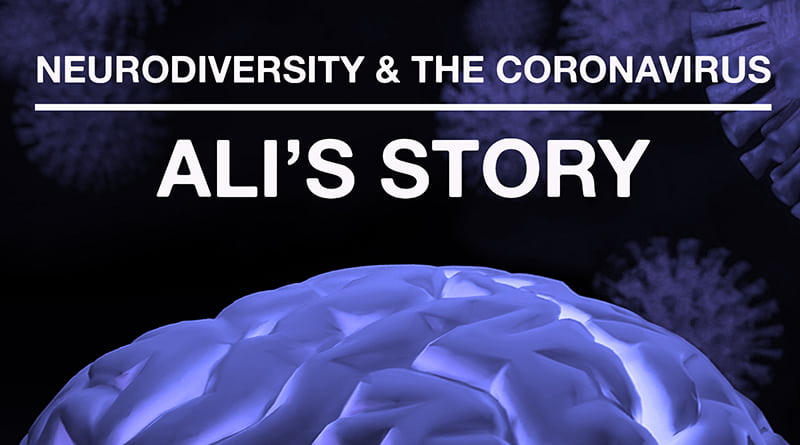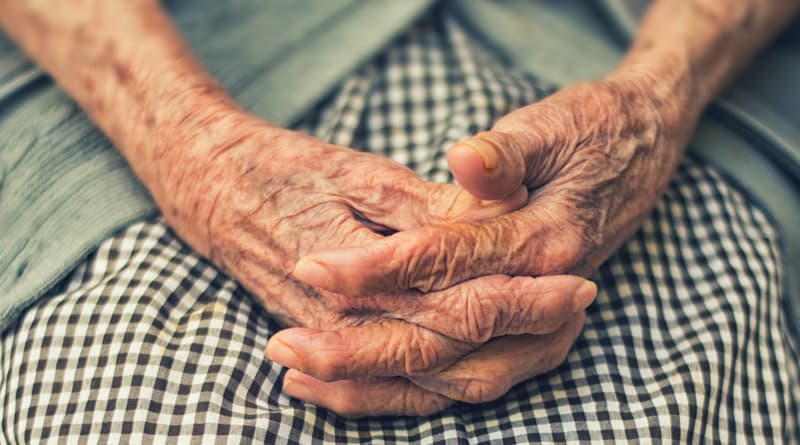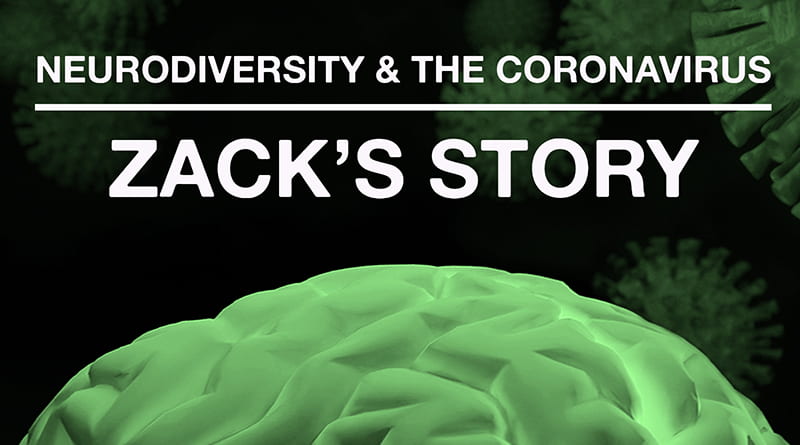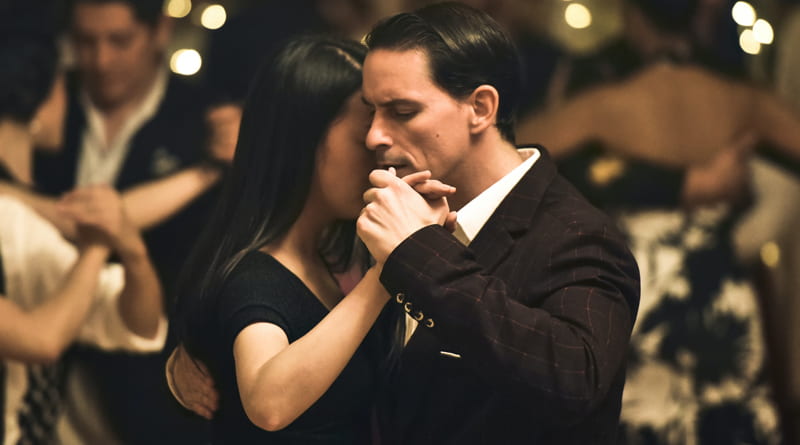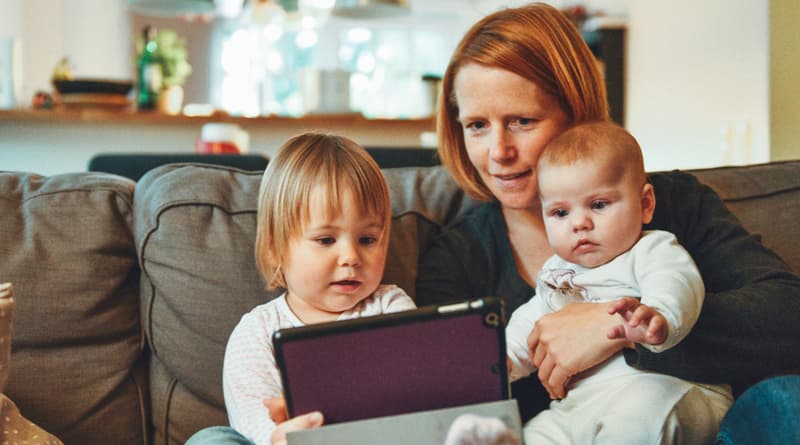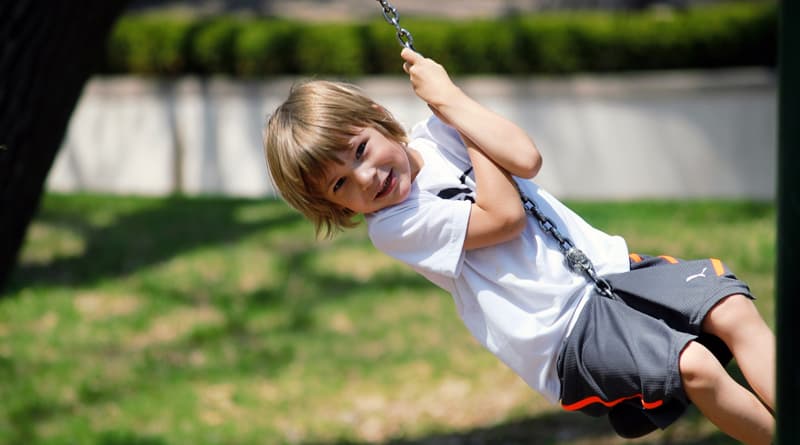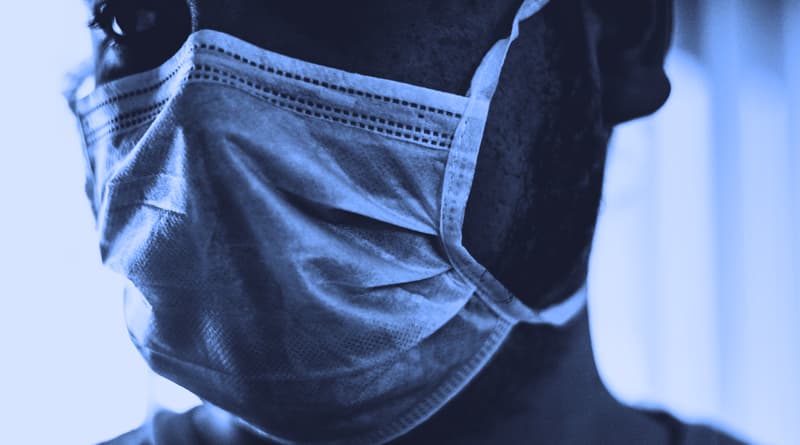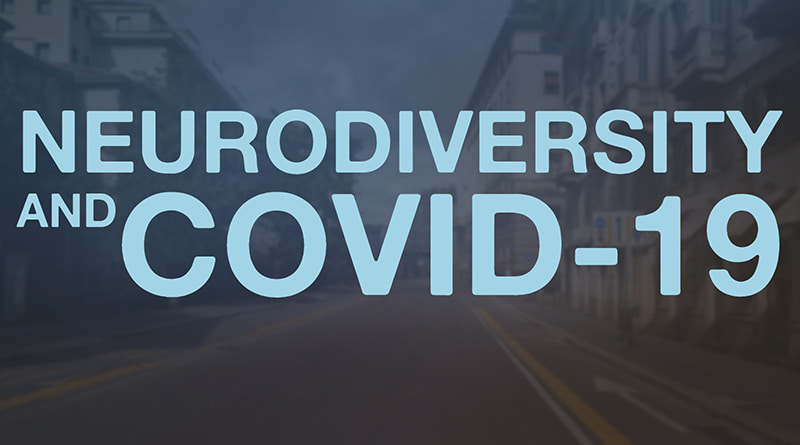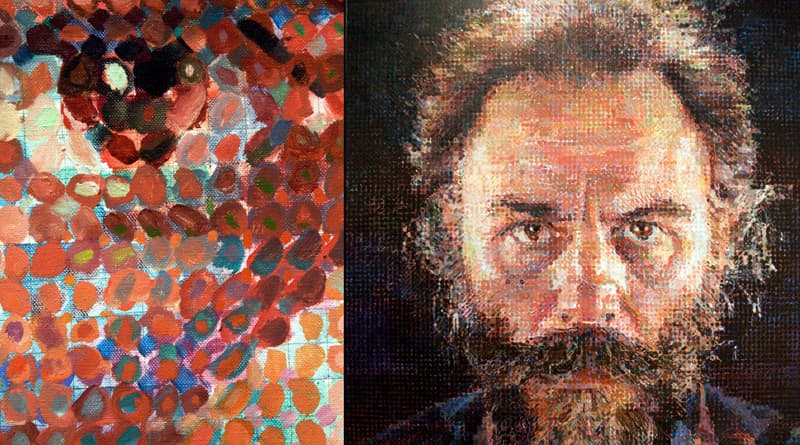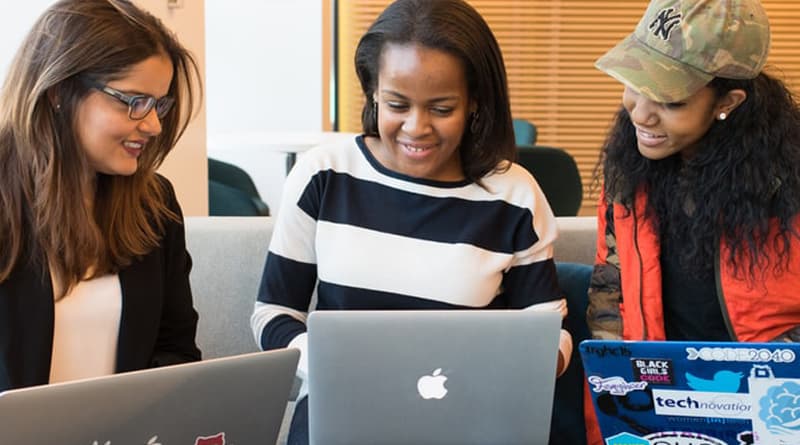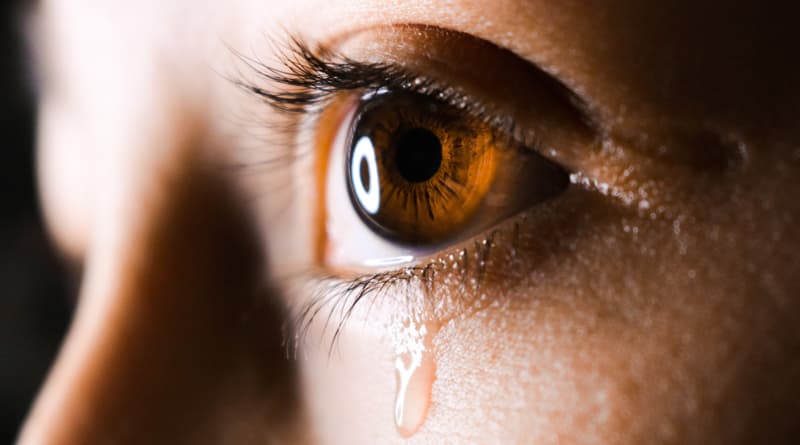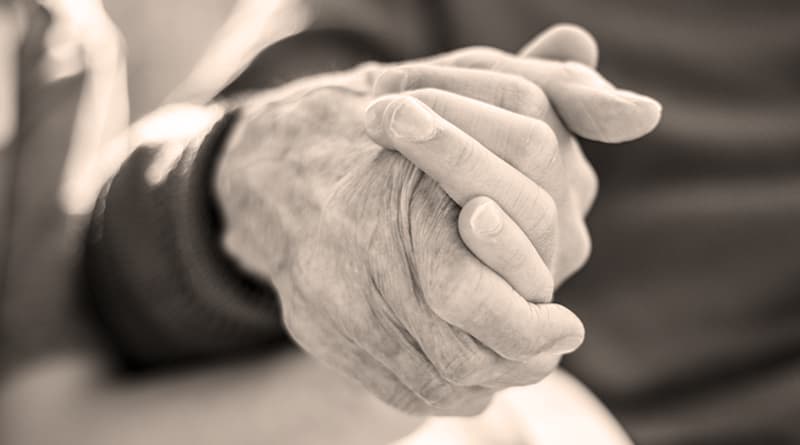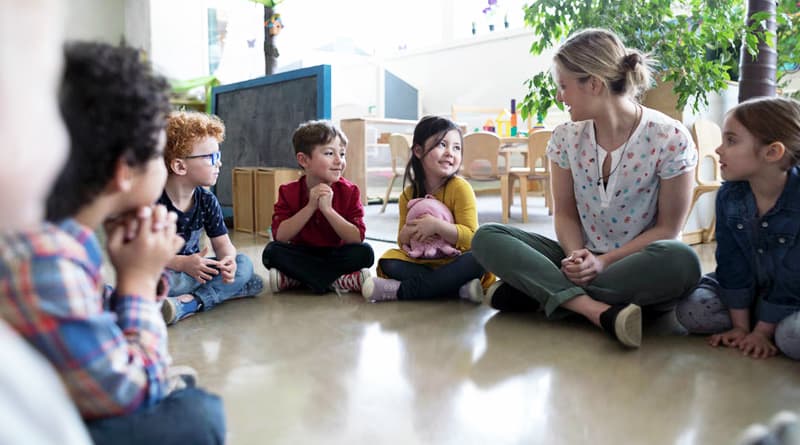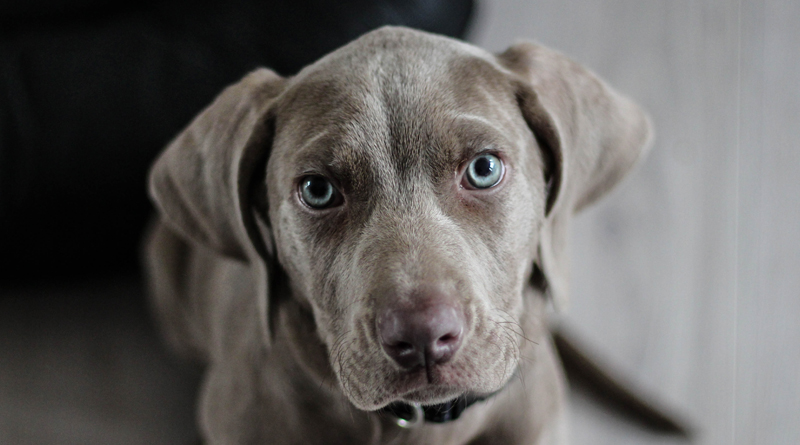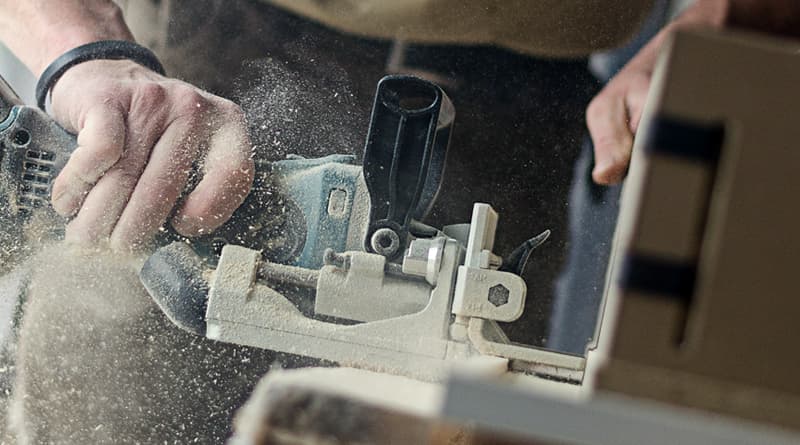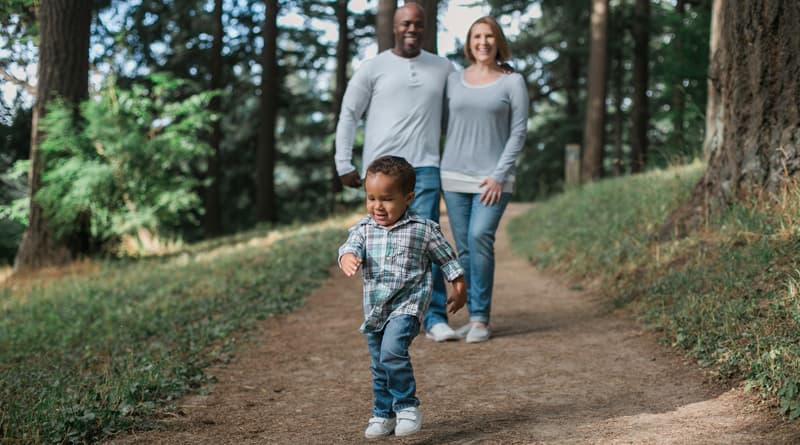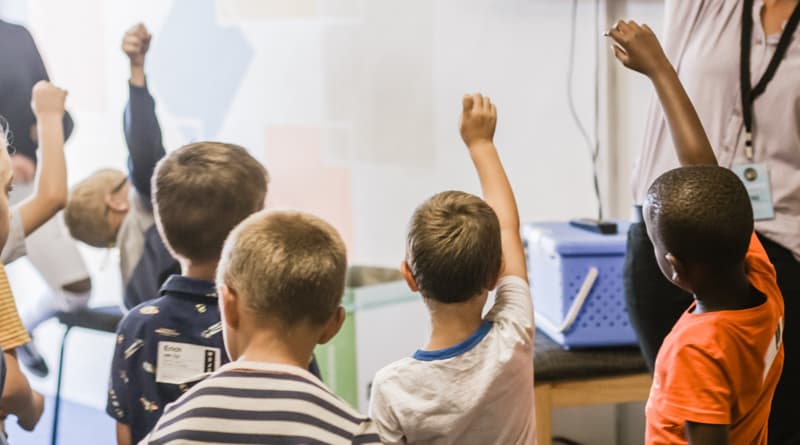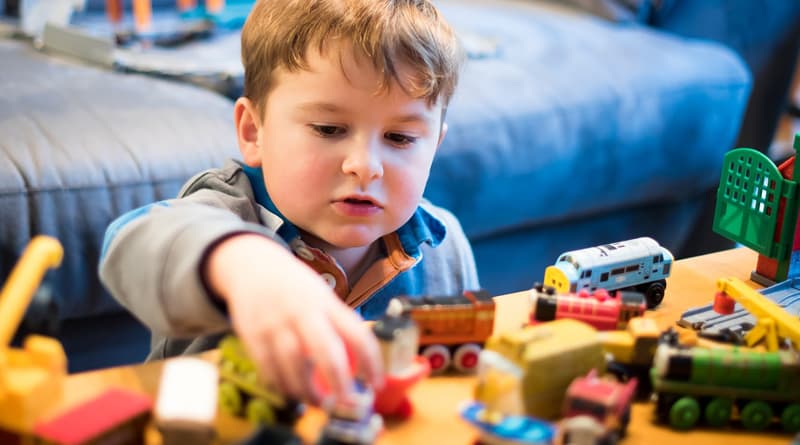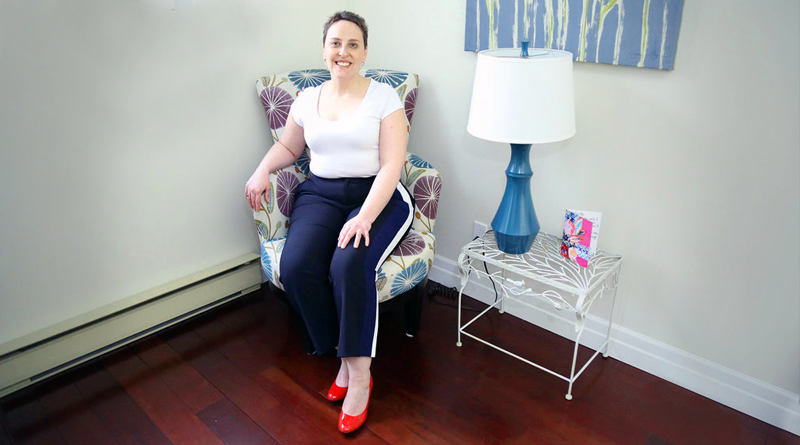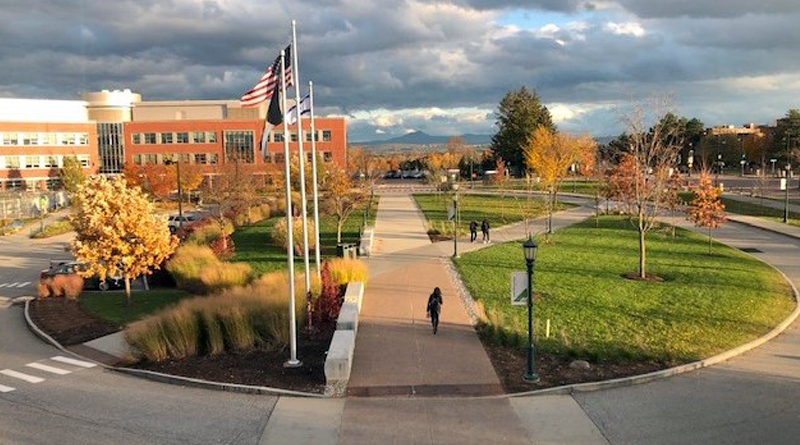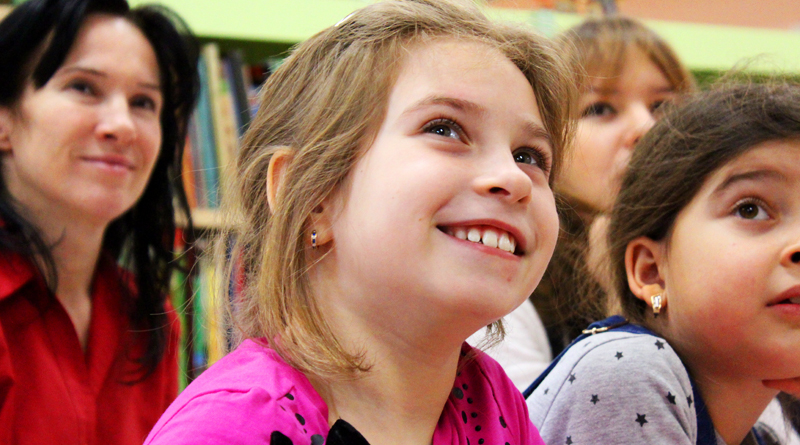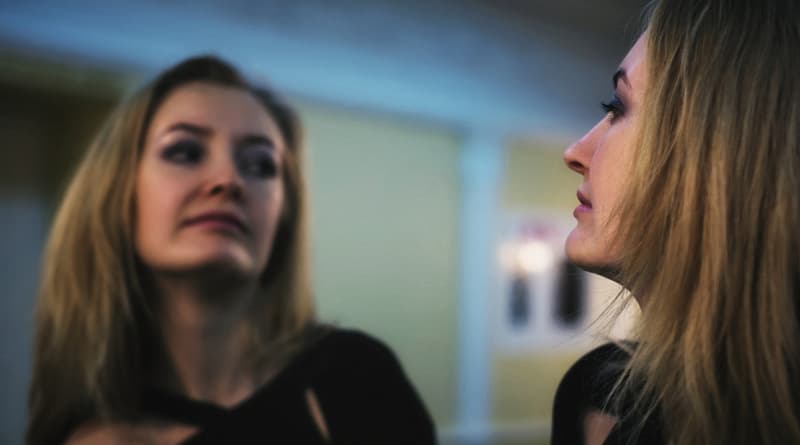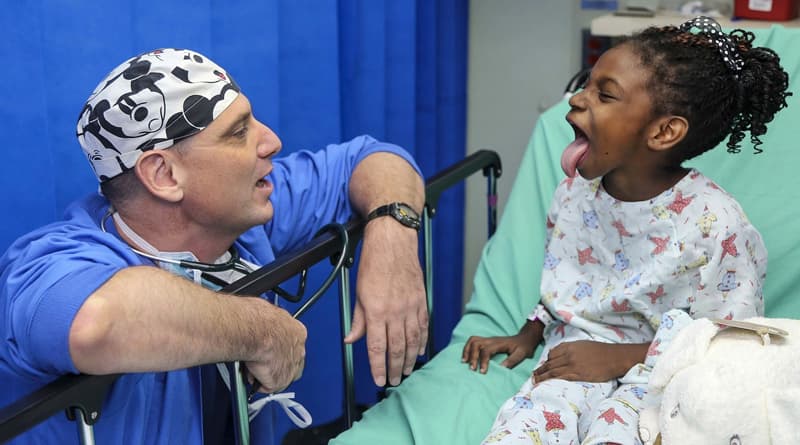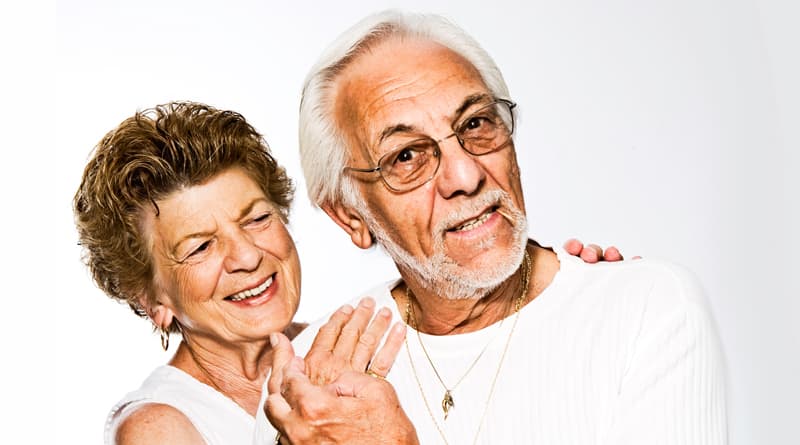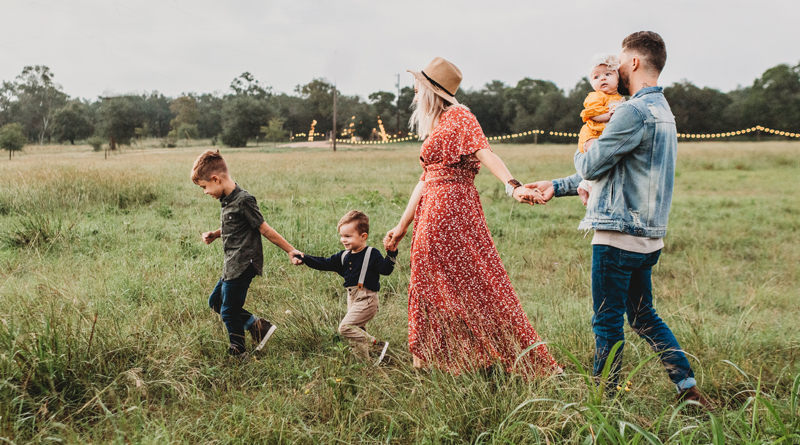Is Your Client’s Mental Capacity Affecting Their Decision-Making Abilities?
Neuro Cloud & Neurodistinct: Neurodiversity Refined
The Coronavirus Pandemic: Zack’s Journey With Autism & Epilepsy
Mental Health & Relationships: Dating a Narcissist
The Clutch Gene: Coping with Pre-Game Anxiety
How to Survive a Pandemic with Your Bright but Quirky Child: Tips from a Psychologist/Mom
Turning Tough Days Around: The Brain & Improving Moods
How Dakota Johnson Is Changing the Way People Look at Depression
Improving Communication in Technology Driven Mental Health Services
Mental Health & Relationships: Cultivating Love
An Autism Self-Advocate’s Thoughts On Anxiety
The Importance Of Exercise And Physical Activity For Neurodiverse Population
When The COVID-19 Crisis Passes, Will We All Still Be Created Equal?
The Impact of COVID-19 on Populations with Special Needs
Neurodiversity Resources For The Coronavirus
Mental Health & Relationships: Detaching From Unhealthy Situations
Success: An Autism Self-Advocate’s Viewpoint
Recognizing Sibling Bullying and Abuse
Dyslexia & Creativity: Chuck Close’s Micro-Uniting and Universal Design
The Indispensable Tools: Emotional Intelligence
Mental Health & Relationships: How Our Partners Can Control Our Brains
Asperger’s Syndrome: The Myths and Facts
6 Tips for Better Sleep and Mental Health
My Spouse Is On The Spectrum: Autism & Relationships
Chronic “Toxic” Encephalopathy: The Other CTE
Sons of Narcissistic Mothers
By Darlene Lancer, JD, MFT Motherhood and Narcissism All children of narcissists suffer. Narcissistic mothers…
8 Key Ways We Sabotage Love
By Darlene Lancer, JD, MFT How We Derail Love Although we seek love, we…
5 Neurodiversity-Friendly Career Paths
By Amanda Greene Careers For The Neurodiverse Diversity programs throughout the United States have…
How Parents Can Help Their Children With Misophonia
How ACEs Affect the Brain
By Alex Starr WHAT ARE ACES? If, before the age of 18, you were raised…
Love on The Brain: Neuroscience & Relationships
By Alex Starr WHEN WE HAVE LOVE ON THE BRAIN The butterflies, the texting all…
Struggling to be Understood: A Childhood Autism Meltdown
By Tim Goldstein THE MELTDOWN BEGINS I was at the Boardwalk in Santa Cruz with…
Was Joseph on the Spectrum?
By Samuel J. Levine THE STORY OF JOSEPH The story of Joseph (the title…
Inclusion in College For Those With Unique Needs
Tragedy Into Triumph: The Susan D. Lyons Foundation For Hope
By Kevin Toliver-Lyons Turning Tragedy Into Triumph In 2014 my mother and best friend…
Mental Health & Relationships: Why We Sabotage Love
By Darlene Lancer, JD, MFT The Startling Reason We Sabotage Love Most relationships fail…
When Your Parent Has Parkinson’s
By Lisa Thomas McIntosh Dr. Jim Thomas – My Dad, My Hero Parkinson’s Disease may have…

